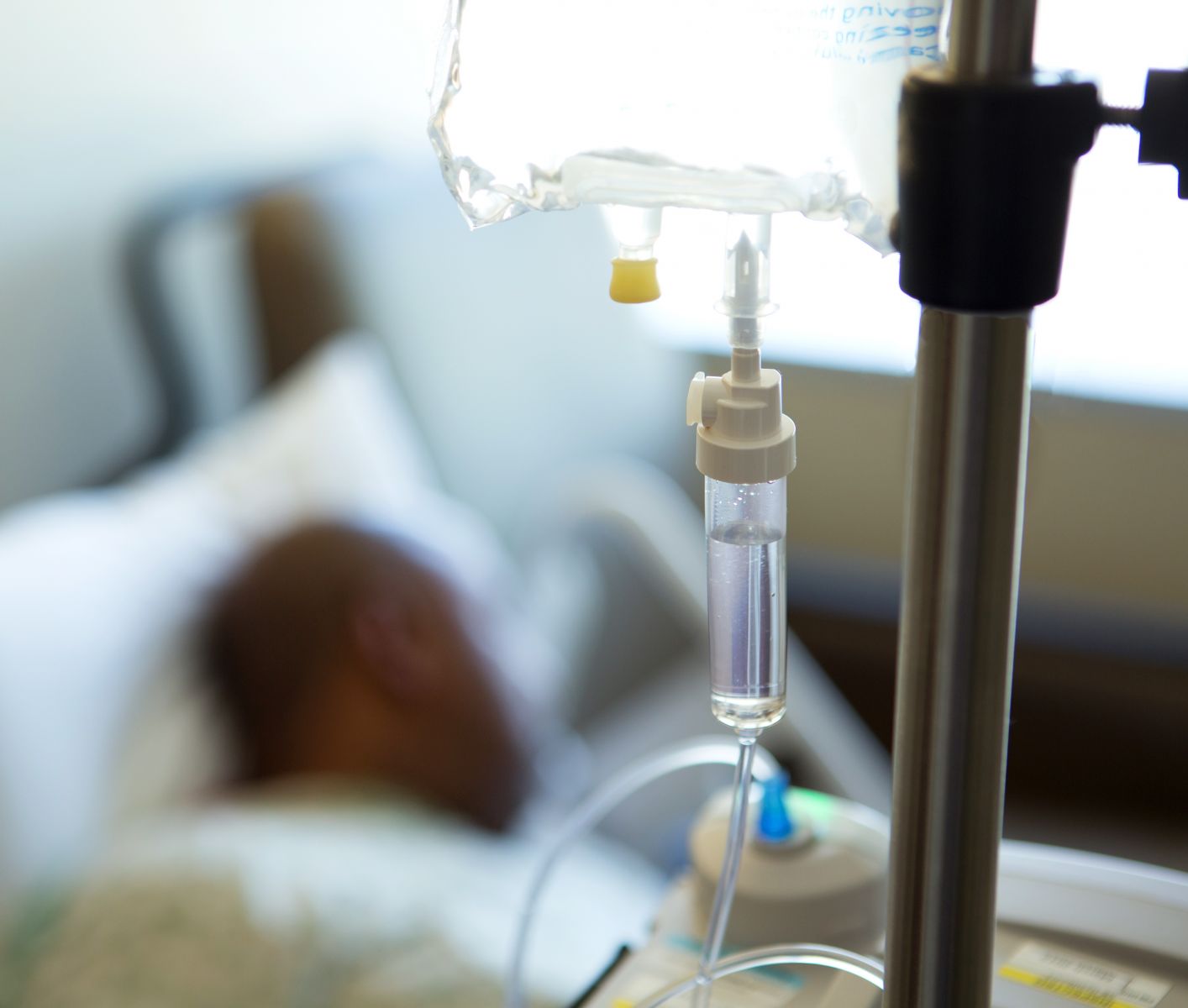By: Adebowale Bello, Freelance Health Writer with medical review and editorial support by The Datelinehealth Africa Team.
 Life is amazing and it's only natural to want to enjoy life especially with your loved ones. However, several medical conditions such as advanced cancer may have other plans.
Life is amazing and it's only natural to want to enjoy life especially with your loved ones. However, several medical conditions such as advanced cancer may have other plans.
Advanced cancer is a formidable enemy because the cancer has spread beyond its original site to other vital organs and it greatly limits the body's ability to function.
When a loved one is diagnosed with advanced cancer, the desire to fight the disease at all costs is natural. At this stage, you may face difficult choices about treatment options, although recent research shows that these alternatives are ineffective in prolonging or improving life.
A recent study examined over 78,000 adult cancer patients treated at U.S. cancer clinics between 2015 and 2019 and the research was focused on patients in the final stages of six common cancers: breast, colon, lung, pancreas, kidney and bladder.
The researchers aimed to find out if the mix of advanced cancer treatments were effective during the final stages of cancer or not.
Results showed that cancer treatments like chemotherapy, immunotherapy, targeted therapy, and hormone therapy do not improve survival rates in patients with very advanced cancers near the end of their life.
When compared to patients who did not receive such treatments, there was no significant chance of survival and this applied to all cancer types mentioned earlier.
Truly, opting for palliative care instead of medical treatment is a difficult decision. However knowing that you're creating a loving, comfortable environment for your loved one in their final days is the greatest gift you can give.
Spending huge sums, selling valuable properties and borrowing money just to ensure that your loved one remains healthy can be draining both financially and emotionally. As hope dwindles and the outcome remains unchanged, the emotional toll can be immense.
You and your family would need to discuss with your general practitioner and/or specialist doctor (oncologist) to understand what options are available. Perhaps, instead of pursuing aggressive treatments, your oncologist may request that you consider shifting your focus to palliative and supportive care.
At some point, the best choice is to focus on quality of life rather than aggressive medical interventions and this shift in focus prioritizes comfort, symptom management and the emotional well-being of both you and your family.
There is no shame in choosing peace and dignity for your loved one as opposed to watching them in pain and agony even after numerous medical treatments. Healthcare professionals can provide invaluable guidance and emotional support throughout this journey.
Truly, opting for palliative care instead of medical treatment is a difficult decision. However knowing that you're creating a loving, comfortable environment for your loved one in their final days is the greatest gift you can give.
Source:
Maureen E. C., Xiaolang W., Mustafa S. A. Systemic Anticancer Therapy and Overall Survival in Patients With Very Advanced Solid Tumors. JAMA Oncology.. Accessed May 20, 2024. Available at: https://jamanetwork.com/journals/jamaoncology/article-abstract/2818763
Published: May 21, 2024
© 2024. Datelinehealth Africa Inc. All rights reserved.
Permission is given to copy, use and share content without alteration or modification and subject to source attribution.
DATELINEHEALTH AFRICA INC., is a digital publisher for informational and educational purposes and does not offer personal medical care and advice. If you have a medical problem needing routine or emergency attention, call your doctor or local emergency services immediately, or visit the nearest emergency room or the nearest hospital. You should consult your professional healthcare provider before starting any nutrition, diet, exercise, fitness, medical or wellness program mentioned or referenced in the DatelinehealthAfrica website. Click here for more disclaimer notice.